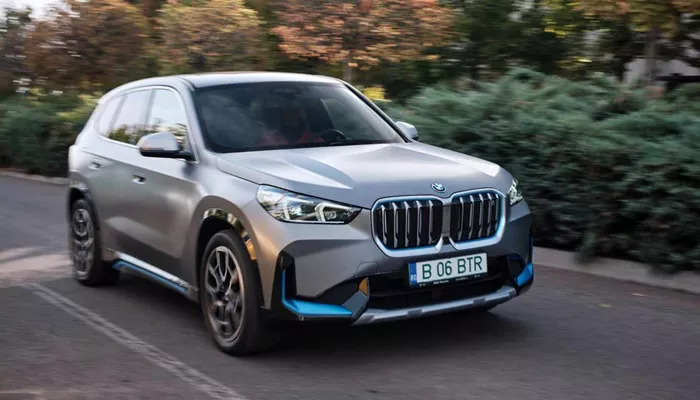BMW faced a modest start to the year in its home market, with a 1.3% decline in shipments, totaling 61,264 units, according to early registration data. However, a closer look at figures from the Federal Motor Transport Authority (KBA) reveals notable trends. While electric vehicle (EV) sales are rising, diesel’s appeal is steadily waning.
In Q1 2023, diesel vehicles made up 39.7% of BMW’s sales in Germany. By Q1 2025, that figure had dropped to just over 30%. Meanwhile, EV sales have surged. Pure electric models represented 9.16% of sales in Q1 2023, but this climbed to over 19% in the same period this year. Nearly one in five BMWs sold in Germany between January and March was fully electric.
Despite the shift, BMW has not phased out diesel models. Diesel versions remain available across a range of vehicles, from the 1 Series and X1 to the 7 Series and X7. Even the 2025 8 Series 840d offers a diesel option. Therefore, the decline in diesel sales reflects changing consumer preferences, rather than a reduction in available models.
For the first time, BMW registered over 10,000 fully electric vehicles in a single quarter in Germany, with the iX1, i4, and i5 leading the charge. BMW has also benefitted from Tesla’s struggles, with the American brand seeing a sharp 62.2% drop in sales. In Q1 2025, Tesla sold just 4,935 cars in Germany, while BMW delivered more than double that amount, with 10,315 EVs.
Gasoline models still represent the largest portion of BMW’s sales, but their share is shrinking, dropping from 42.58% in Q1 2023 to 37.42% this year. On the other hand, plug-in hybrids are gaining ground, rising from 8.56% to 13.5%.
BMW’s EV sales are expected to rise further with the arrival of the Neue Klasse. However, shipments are unlikely to be affected this year, as deliveries of the new iX3 and the i3 sedan won’t start globally until late 2026. Once these models arrive, particularly the iX3 crossover, they are expected to boost EV share in total deliveries significantly next year.

